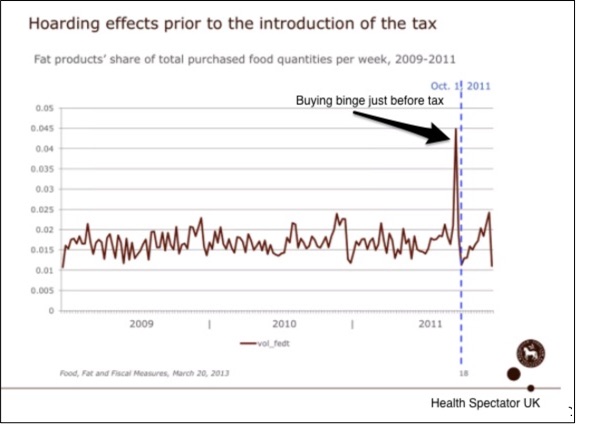
The Many Sides of a Turkey
November 21, 2023
How a Behavioral Economist Explains Our Thanksgiving Meal
November 23, 2023From 2011 to 2012, Denmark had a tax on cheese, butter, pizza, and other fat-laden goodies.
Now Colombia has a similar idea. But this time, it’s junk food.
The Junk Food Tax
Colombia’s tax targets manufactured ready-to-eat food with excessive amounts of saturated fat, salt, and/or sugar. With a typical diet containing large amounts of salt, approximately one third of all Colombian adults have high blood pressure. By using a tax to lower consumption, they hope to diminish an unusually elevated rate of diabetes, of cardiovascular disease, and deaths from non-communicable diseases. Already implemented, the tax started at 10 percent. Next year, it will rise to 15 percent, and in 2025, 15 percent.
The tax will affect foods that range from chocolates to jellies and chorizos to cereals. And, in a separate section, the junk food law covers sodas, fruit juices, flavored waters, and other sugary drinks. Here, the tax rate will depend on the sugar content.
Our Bottom Line: Junk Food Economics
Unwilling to accept the tradeoff between healthy food and a healthier economy, Denmark discontinued its fat tax only a year after it began. Small businesses complained that it hurt their bottom line while economists said its regressivity took too much from low income pocketbooks. However, fat tax supporters reminded them that it had the benefits of a Pigovian tax. Generating more revenue or less consumption, the tax was win-win.
Economists also discovered that Denmark experienced a pre-tax pop in hoarding:

With adult obesity at 55 percent and businesses protesting the new regulation, Colombia’s junk food tax will have the same dilemmas.
My sources and more: The Guardian is a good place to start for more detail about the junk food tax while several years ago, econlife looked at Denmark’s fat tax. Next, if you would like to see what other countries have done, do take a look at CNBC.
![econlifelogotrademarkedwebsitelogo[1]](/wp-content/uploads/2024/05/econlifelogotrademarkedwebsitelogo1.png#100878)





2 Comments
I follow the taxing of foods quite a bit and most studies conclude at best a small decrease in consumption but none have ever demonstrated a health benefit
Thanks–a perfect topic to explore in a future post.